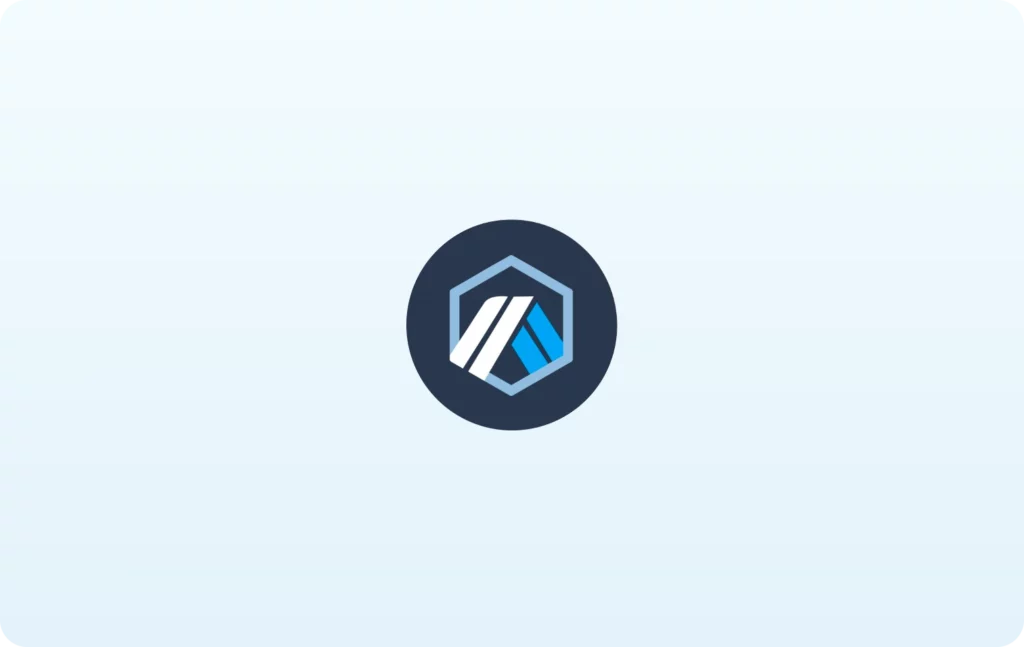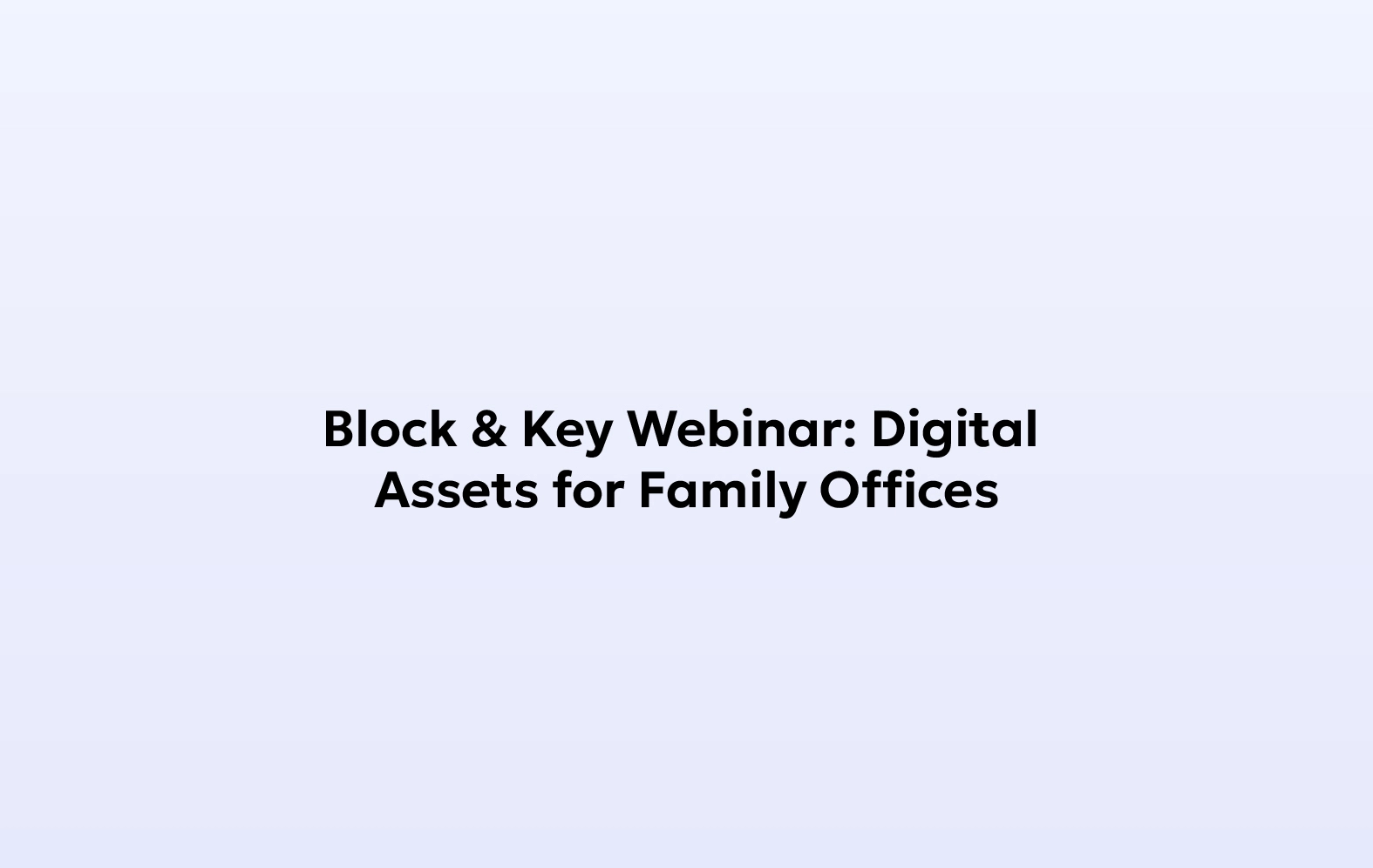Wallet characteristics, access for institutions, and more!
Arbitrum technology is one of many possible solutions for the recent transaction fee crisis on Ethereum. Ethereum is the 2nd largest cryptocurrency in terms of market capitalization; however, network congestion and high fees have hampered its exponential growth. Arbitrum aims to reduce transaction fees and congestion by moving as much computation and data storage off of Ethereum’s main blockchain (layer 1) as it can. Storing data off of Ethereum’s blockchain is known as a Layer 2 scaling solution. This is because it is built on top of Layer 1 (the main Ethereum network) and retains the security of Ethereum.
In a short span of 8 months, Liminal has been able to onboard 70% of users on the Arbitrum network.
Liminal currently supports 14 chains and 1800+ tokens. You can view the complete list along with the roadmap here.
Blockchain-specific wallet characteristics in Arbitrum
For EVM chains like Arbitrum, multisignature wallets were not available at a protocol level. The developers decided to use smart contracts for this use case. DeFi applications are widely used in EVM chains, primarily to earn, yield, swap tokens, lend and borrow.
Liminal infrastructure in Arbitrum
At Liminal, cold multisig wallets are built on top of Gnosis Safe and MPC wallets are used for hot deposit wallets with the ability to generate multiple addresses for receiving user deposits. Refill wallets are used to automate refilling withdrawal wallets, and an algorithm is built into the infrastructure to enable up to 15% gas fee saving and transaction confirmation guarantee. Liminal provides for DeFi integration through WalletConnect/MMI-based integrations.
How can institutions access Arbitrum on Liminal?
- Institutions will have access to Liminal’s secure storage and trading ecosystem with immediate effect.
- Liminal added Arbitrum tokens to the 1800+ tokens of digital assets supported across Liminal’s infrastructure.
How can DeFi access Arbitrum on Liminal?
- Liminal dashboard via WalletConnect
- Liminal DeFi API
See how easy it is to transact Arbitrum on Liminal Network
“Arbitrum was one of the most requested protocols by our clients. Adding it to the platform was a no-brainer. “
About Arbitrum
Abitrum is an open-source cryptocurrency platform developed by Off-chain Labs. It operates as a Layer 2 solution for Ethereum, aiming to bring scalability and affordable transactions for ETH network users.
By definition, Arbitrum is an Optimistic Rollup, a term that needs to be unpacked before it can be fully understood.
Rollups constantly interact with the Ethereum network meaning that every transaction you make on Arbitrum as a user is recorded on the ETH network as call data. The “inbox” mechanism, which we will discuss further down in the article, allows for complete transparency of transactions. The outcome of every transaction can be determined by looking at the inbox history. Any incorrectly executed transactions can be disputed roughly one week after submission.
Optimistic means that Arbitrum allows every validator to post a rollup block that they claim is correct. After submission, everyone else has a chance to dispute this block within the next 7 days. Disputes are resolved by a dispute resolution protocol, but if no one disputes a block during that one-week period it will be processed by the chain as valid.
To completely break it down, an optimistic rollup executes transactions on layer 2 and submits the transaction data to layer 1, in this case, to the Ethereum Mainnet.
Resources: You can find their resources below:
– Documentation
– Recent Press
– App Portal
About Liminal
Liminal is an enterprise-grade platform that offers a robust infrastructure for securing digital assets. Liminal enables crypto-native companies to securely scale their digital asset operations through automated, plug-and-play wallet infrastructure.
Our security-first approach allows projects to define customized policies and assign roles to users based on their responsibilities. Liminal’s zero key leakage tolerance approach helps companies eliminate the risks associated with digital asset transfers, such as cyber-attacks, internal collusion, and human error.
Interested in keeping up-to-date with the latest protocol launches, new features, and industry news here at Liminal?
Follow our blog and social media channels.






